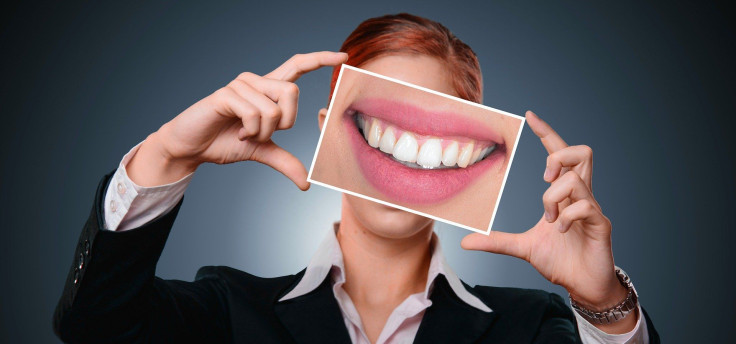Activated Charcoal Uses You Need To Know: Is It Safe And Effective?
KEY POINTS
- Activated charcoal used in teeth whitening and oral care products
- Face masks infused with activated charcoal effective in cleaning skin
- Activated charcoal not effective with all types of overdoses and poisonings
Activated charcoal is becoming a trendy ingredient in many health and self-care products these days. With all the hype over its supposed benefits, many consumers are drawn into buying these products without really knowing if the fine black powder really does make a difference. There are studies to back up the claims, but they appear to be insufficient.
Encyclopedia.com defines activated charcoal as a fine black powder that is tasteless and odorless. It is made from wood and other materials like peat and coal that have been subjected to extreme temperatures in the presence of oxidizing gas or other chemicals to make it porous. This porous property enables the substance to trap certain chemicals — the mechanism that many companies nowadays rely on making their products allegedly more effective.
Activated Charcoal in Teeth Whitening Products
Many manufacturers are banking on activated charcoal to sell their new oral hygiene and teeth whitening products. Social media influencers have been spreading the word on how charcoal gave them a brighter smile, with claims that it’s all-natural and safe. Many kinds of toothpaste, mouthwashes, dental floss, and even toothbrushes have been infused with activated charcoal with the promise that they whiten teeth fast and promote better oral health.
However, Dr. John Brooks, a clinical professor in the Department of Oncology and Diagnostic Sciences at the University of Maryland School of Dentistry, has issued a warning against these products. In a recent interview with Live Science, Brooks, who led a 2017 study on charcoal-based toothpaste, said that the products could be “injurious to the teeth.” He explained that the abrasive particles in this type of charcoal could remove the enamel layer of teeth that is important in preventing tooth decay.
Activated Charcoal in Face Masks
Manufacturers have also turned to activated charcoal in making their beauty products more sellable. The most common beauty products to be infused with this substance are face masks. The makers of these products claim that they are a good remedy for wrinkles, acne and different signs of aging. The fine black powder does have adsorptive property, so it is believed that it can do a good job in cleaning the skin.
One study published in 2018 tested activated charcoal peel-off mask and found overwhelming results. The team led by Sweta Kulkarni, of Chameli Devi Group of Institutions, said that the formulation proved effective in cleaning the skin and removing dead skin cells without causing irritation. Unfortunately, aside from this study, there is still a lack of substantial evidence to back up the claim that activated charcoal can really improve skin condition and health.
Activated Charcoal as Emergency Poison Treatment
The National Capital Poison Control has recognized activated charcoal as an effective treatment against accidental poisonings. The compound’s adsorptive property enables it to interact with swallowed drugs and poisons and prevent them from being absorbed in the stomach. Emergency rooms use activated charcoal products for gastrointestinal decontamination once a patient has swallowed a potentially hazardous chemical.
Nevertheless, a study published in the British Journal of Clinical Pharmacology clarified that activated charcoals are not really effective with all kinds of overdoses and poisonings. Certain alcohols and substances with metal, iron, potassium, and acid do not respond to activated charcoal, so this remedy is not advised by physicians in these cases.

© Copyright IBTimes 2024. All rights reserved.





















